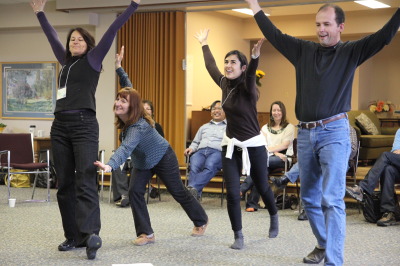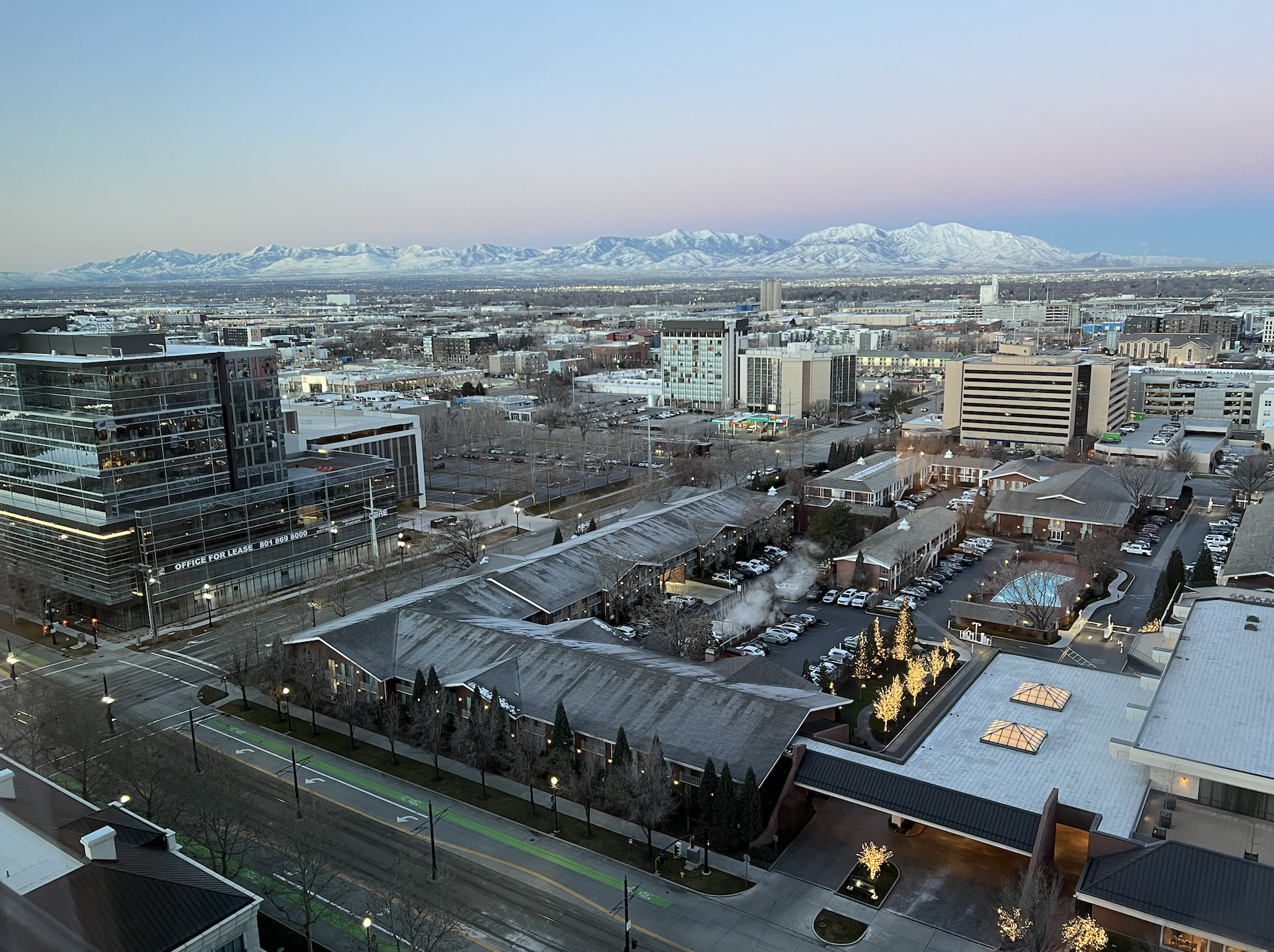“People don’t know what to do when given an opportunity to be alive.”
It was friend and colleague, Kathleen Masters, that spoke these words recently. She and I have been in regular phone calls, mostly around a shared writing project. Our calls always include some level of check-in and check-out. It is in those times that we naturally reflect on what is holding our respective attention as we go about work, life, and rest.
 Kathleen’s comment stunned me. It made me pause, be quiet, even just for a moment, as the words settled into me. I believe it stunned me because those words feels very true.
Kathleen’s comment stunned me. It made me pause, be quiet, even just for a moment, as the words settled into me. I believe it stunned me because those words feels very true.
What does it mean to be alive? Big question, right? I know. I associate being alive with many qualities, including:
- being openly curious — naturally wanting to wonder, without fear or blame for wasting time
- being welcoming — wanting to be in relationship with others and to offer ourselves in relationship
- trusting — delighting in the complexity that sometimes defines so much of our lives, the new edges, the next essential evolutions
- seeing a bigger picture — actually several versions of a big picture, and being able to live and respect the inherent tensions of plurality
- being playful — taking off the masks of social professional norms that sometimes inhibit play
- wanting to experiment — it’s another version of play, an expansive way of working
I get it. This list is only partial. Much more could be said. Much of what I’ve written could be modified.
Here’s the kicker. All of the qualities I’ve listed feel natural. Inherent. What humans do, without training, even if only when younger. In fact, it is with training that many of these same qualities have been delegitimized in our matured lives.
Crazy, right? Why would we culturally do such a thing?
I believe, to continue a more deeply-rooted cultural obsession with speed, with efficiency, with separation, all of which are iconic values embedded in the western-world science of the last 200 years. We, mostly unintentionally I believe, thrive on doing the things, particularly in our work contexts, that strip life rather than give life. So much so, that when given the opportunity to be alive together, it feels foreign, and people don’t know what to do.
Yup, a bit stunning.
Yup, it feels like an important time as more of us — thank you Kathleen — welcome practices of being alive together.
